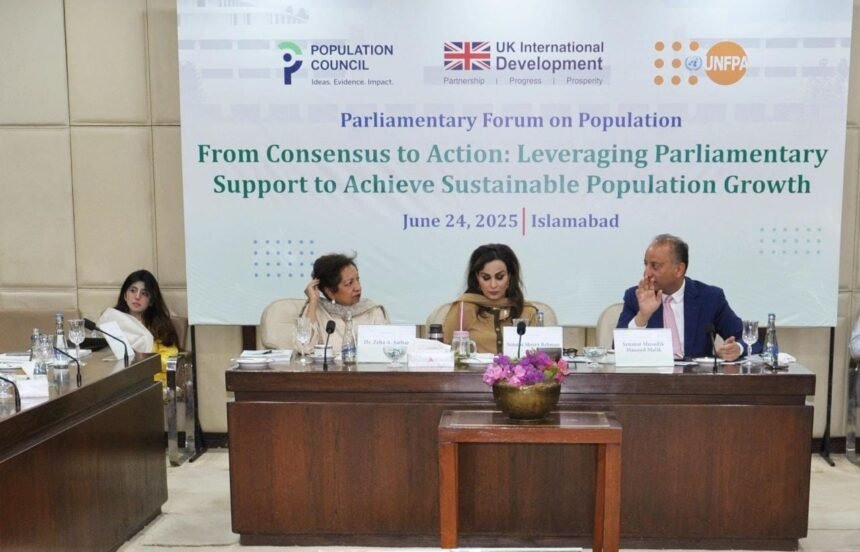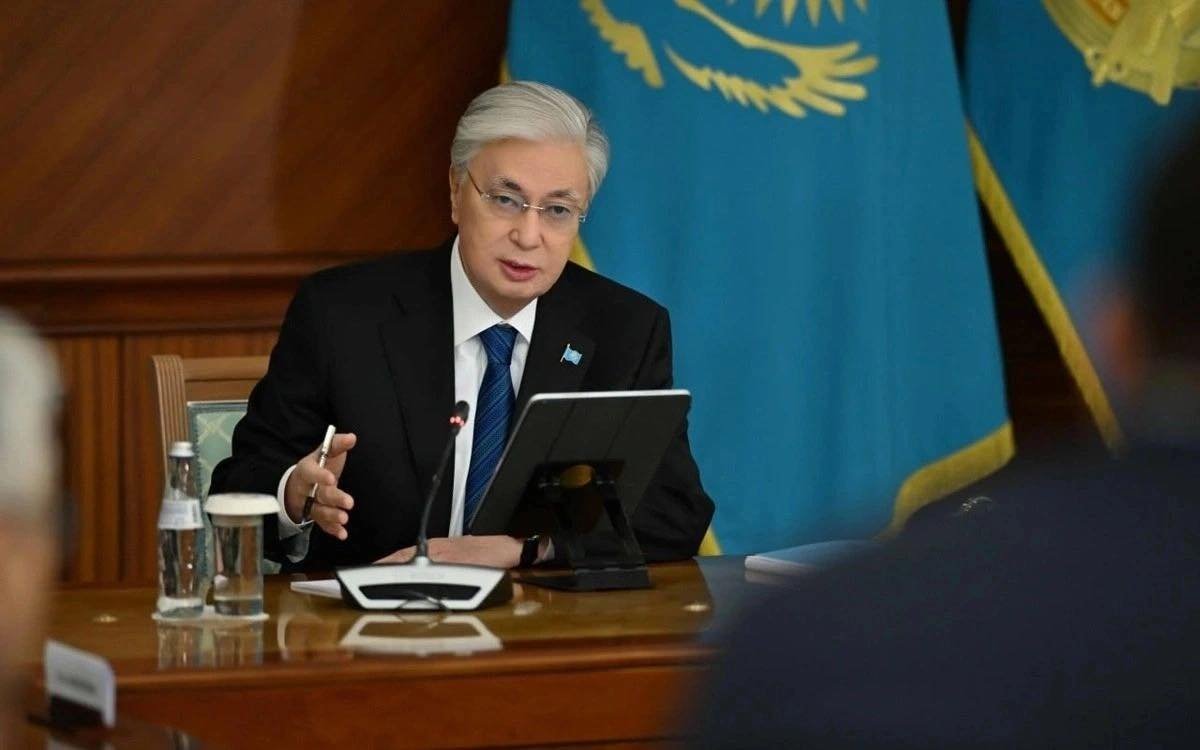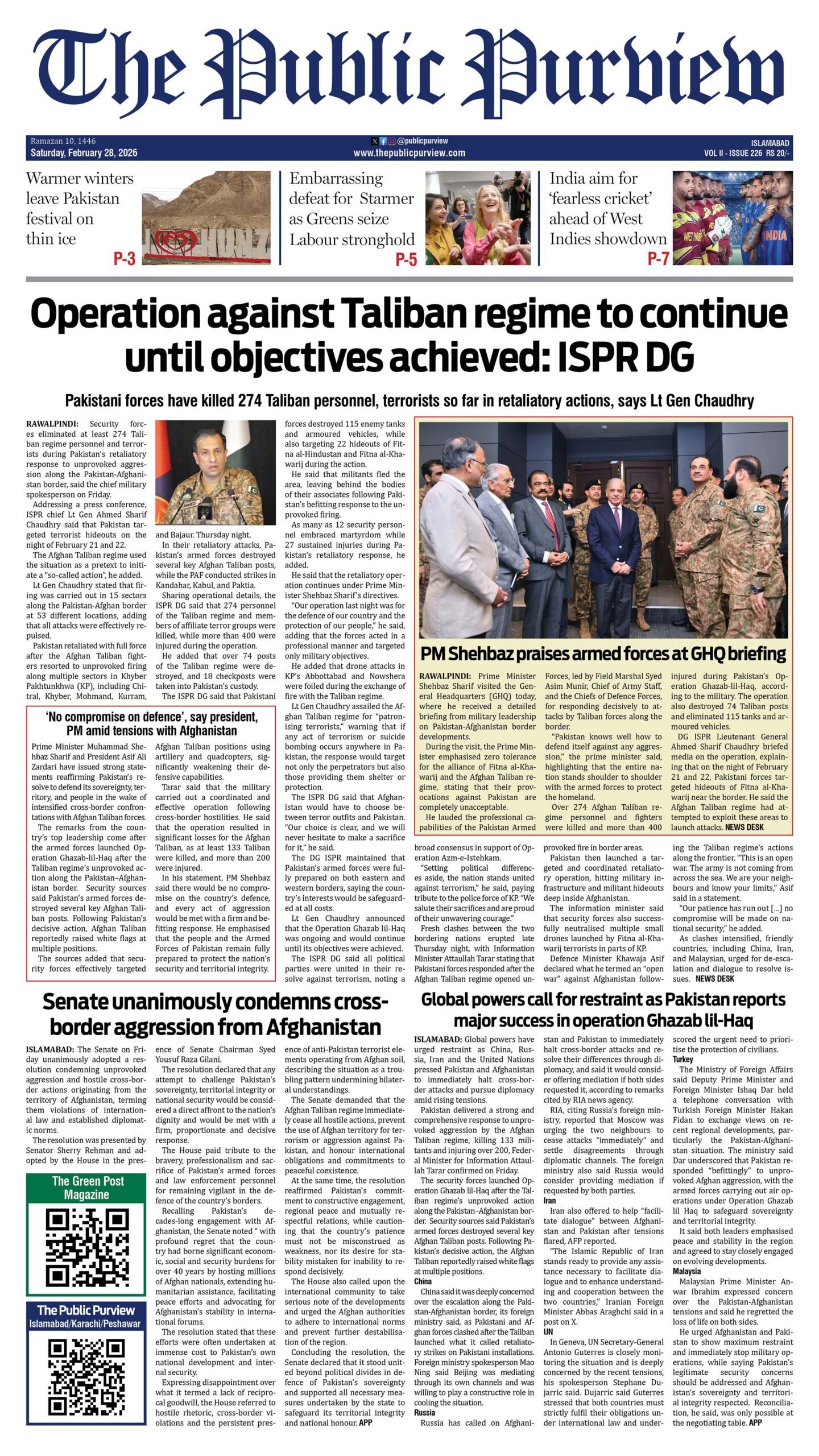By Junaid Toru
In a significant cross-party development, members of the National Assembly and Senate unanimously declared population stabilization a national priority during the 13th meeting of the Parliamentary Forum on Population (PFP), held at Parliament House. The resolution is set to be tabled in the National Assembly, marking a major milestone in Pakistan’s efforts to manage its rapid population growth and improve development outcomes.
Organized by the Population Council in collaboration with the United Nations Population Fund (UNFPA), the meeting brought together lawmakers from across the political spectrum. Participants agreed that the country’s growing population, currently exceeding 240 million, is a serious challenge that threatens health, education, economic stability, and climate resilience.
Chairperson of the PFP, Senator Sherry Rehman, in her keynote address, called population growth “a ticking timebomb.” She said Pakistan must act swiftly to manage the crisis before it overwhelms national resources and undermines development. “Parliamentary support is not optional it is essential,” she said. “We are bringing this issue into the heart of democratic decision-making to ensure political ownership and accountability.”
Senator Dr. Musadik Malik, Federal Minister for Climate Change and Environmental Coordination, said that Pakistan’s development stagnation is closely tied to its population growth. He pointed to the country’s ranking of 137 out of 166 countries on the Sustainable Development Goals (SDG) Index. “This is not just a crisis of numbers, but a crisis of human rights. It directly impacts maternal and child health, education, and access to basic services,” he said.
Dr. Zeba Sathar, Country Director of the Population Council, welcomed the parliamentarians and emphasized the importance of legislative leadership. She said the cross-party consensus reflects a shared realization of the urgency to act. “Population issues must be linked to social protection programmes like BISP, Mamta, and Agosh to ensure equitable and sustainable outcomes,” she said.
UNFPA Country Representative Dr. Luay Shabaneh praised the forum for taking political ownership of population issues. “This forum can become a national force for positive change,” he said. “We must focus on gender equality, reproductive rights, and empowering women as central solutions to population stabilization.”
The forum adopted a comprehensive set of recommendations to move the agenda forward. Key actions include establishing a high-powered Federal Population Commission to coordinate efforts, revising the National Finance Commission (NFC) Award formula to de-link it from population size, and releasing the long-delayed Rs 10 billion non-lapsable Population Fund. Legislators also called for integrating family planning into national development and social protection strategies. A dedicated Population Caucus within Parliament will be launched to ensure sustained cross-party oversight.
Lawmakers drew strong connections between population growth and Pakistan’s development challenges, including high rates of child malnutrition, low literacy levels, poor maternal health, and climate vulnerability. With nearly 40 percent of children in Pakistan suffering from malnutrition and many women unable to access family planning services, speakers said bold policy action is urgently needed.
Parliamentarians committed to taking the issue back to their respective parties, ensuring population stabilization becomes part of mainstream political discourse and national planning. They also called for increased media engagement and public awareness campaigns to reduce stigma around family planning and promote responsible reproductive choices.
The forum concluded with a renewed commitment to the Tawazun agenda the concept of balancing population growth with available resources. Lawmakers agreed that achieving this balance is vital for Pakistan’s economic security, public health, and future sustainability.
As the resolution moves to the National Assembly for formal adoption, participants expressed optimism that Pakistan is finally taking decisive steps to tackle its population challenge through political unity, legislative action, and a rights-based approach.







 Today's E-Paper
Today's E-Paper